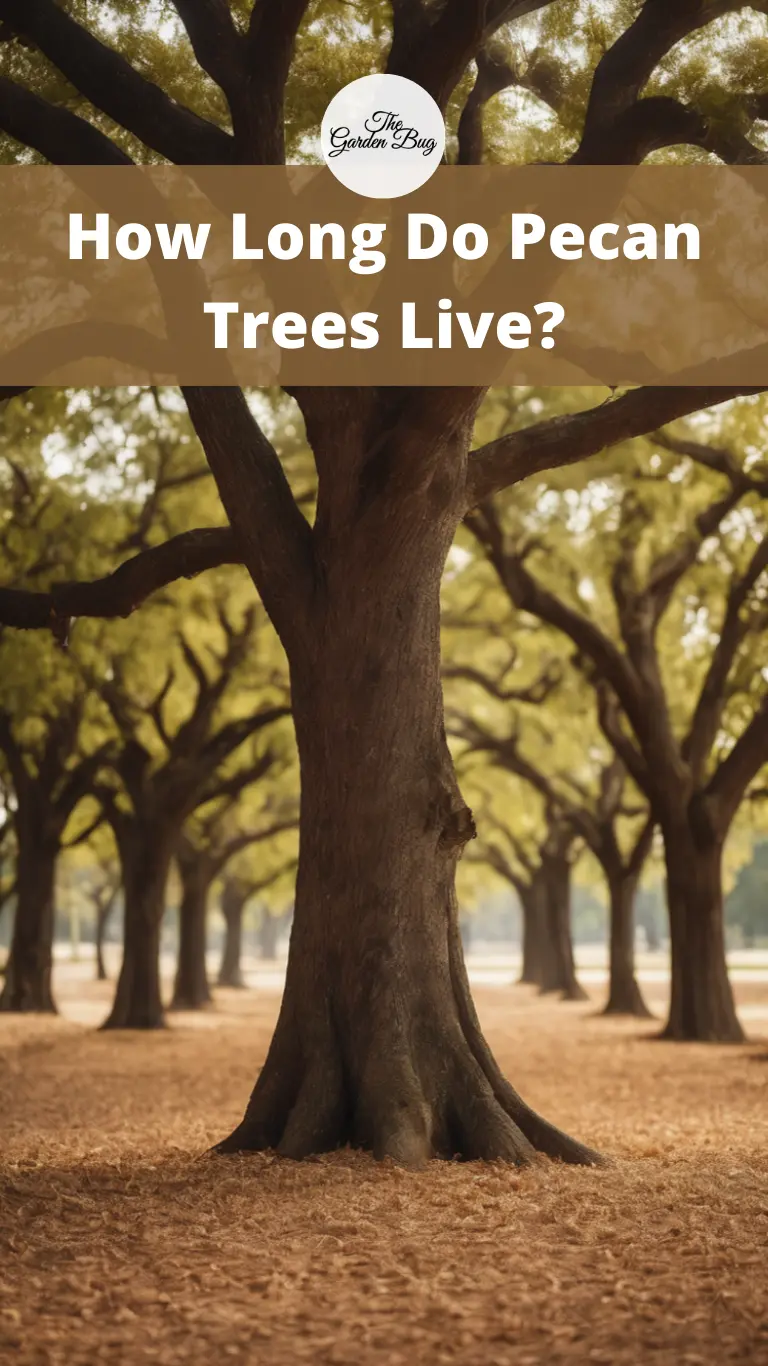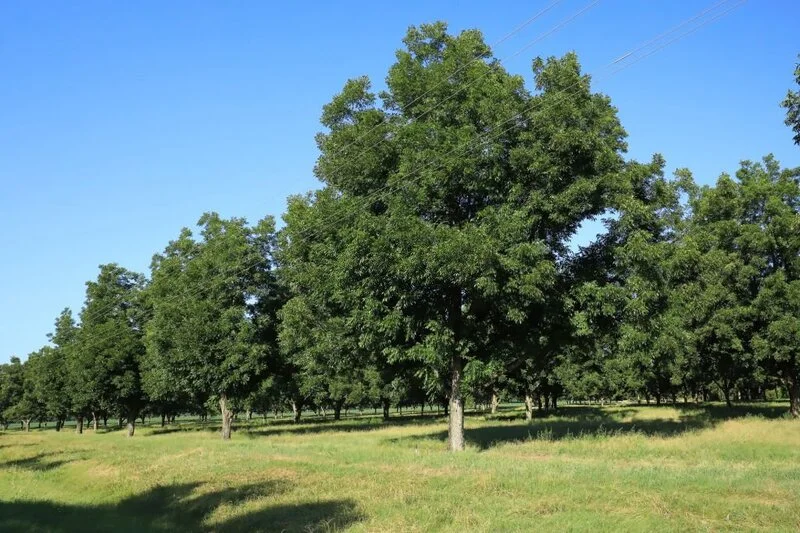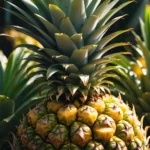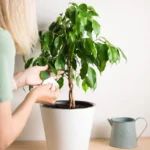Have you ever looked at a tall, majestic pecan tree and wondered how long it’s been standing there? Or maybe you’re thinking about planting one and want to know how long it will grace your yard. This article will answer those questions, and perhaps even spark a new appreciation for these beautiful and bountiful trees.
Lifespan of Pecan Trees
Pecan trees are true survivors, living for many decades, and sometimes even centuries! On average, a healthy pecan tree can live for about 200 to 300 years. This might seem like an incredibly long time, and that’s because it is. Imagine a tree that was a tiny seedling when your great-great-great grandparents were young, still standing tall today. That’s the magic of pecan trees! Now, let’s dive deeper and explore what influences their impressive lifespan.
Factors Influencing the Lifespan of Pecan Trees
Just like humans, trees’ lives can be cut short or extended based on a range of factors. For pecan trees, these can include things like the quality of the soil they’re planted in, the amount of sunlight they get, and whether they receive enough water. Pecan trees love well-drained, deep soils and plenty of sunshine. They also need good care throughout their lives, like pruning and protection from pests and diseases. Without these, they might not live to their maximum age. But with a little love and care, your pecan tree could stick around for generations!
- Ideal for all Pecan Varieties
- Feeds All Fruit and Nut Trees
- Zinc to Prevent Rosetta Disease
Recognizing Signs of an Aging or Dying Pecan Tree
Although pecan trees can live for centuries, they do get old. So how can you tell if a pecan tree is reaching the end of its life? Signs can include fewer leaves and nuts, dead branches, and changes in the bark’s texture or color. Remember, even old trees can have a few off years and bounce back, so don’t be too quick to pronounce a tree dead. It could just be in a rest period or in need of a little TLC. If you suspect your pecan tree is dying, it might be a good idea to get an expert’s opinion. After all, these trees are often family heirlooms, living landmarks of our shared past.
How to Extend the Life of a Pecan Tree
Taking care of a pecan tree is like looking after a family pet. If you feed it well, give it plenty of water, and make sure it’s safe from harm, it’ll live a long and happy life. This means providing the right nutrients, ensuring the soil has good drainage, and pruning it regularly. Also, protecting it from pests and diseases can help it reach its full age potential. Yes, it’s a bit of work, but think of the years of delicious pecans and the beautiful tree you’ll get in return!
- Source of nutrients for Pecan trees
- Aids in production of Fruits and Citrus
- Promotes growth and strength
- Covers up to 10in. trunk diameter
Interesting Facts About Old Pecan Trees
Old pecan trees are like living history books. They’ve seen seasons come and go, witnessed countless sunrises and sunsets, and maybe even watched your grandparents grow up! Some pecan trees are known to produce nuts even after 200 years. Plus, did you know that the oldest known pecan tree is in Texas and it’s over a thousand years old? These old trees are a testament to the strength and resilience of nature and a reminder of the beauty of life’s cycles.
Conclusion
So, there you have it! Pecan trees are true survivors, standing tall and proud for centuries. If you’ve got a pecan tree in your backyard, cherish it. With the right care, it can continue to be a part of your family’s story for generations. Remember, each nut it drops is a testament to its long and fruitful life – a life that with love, can continue for many more years to come.







